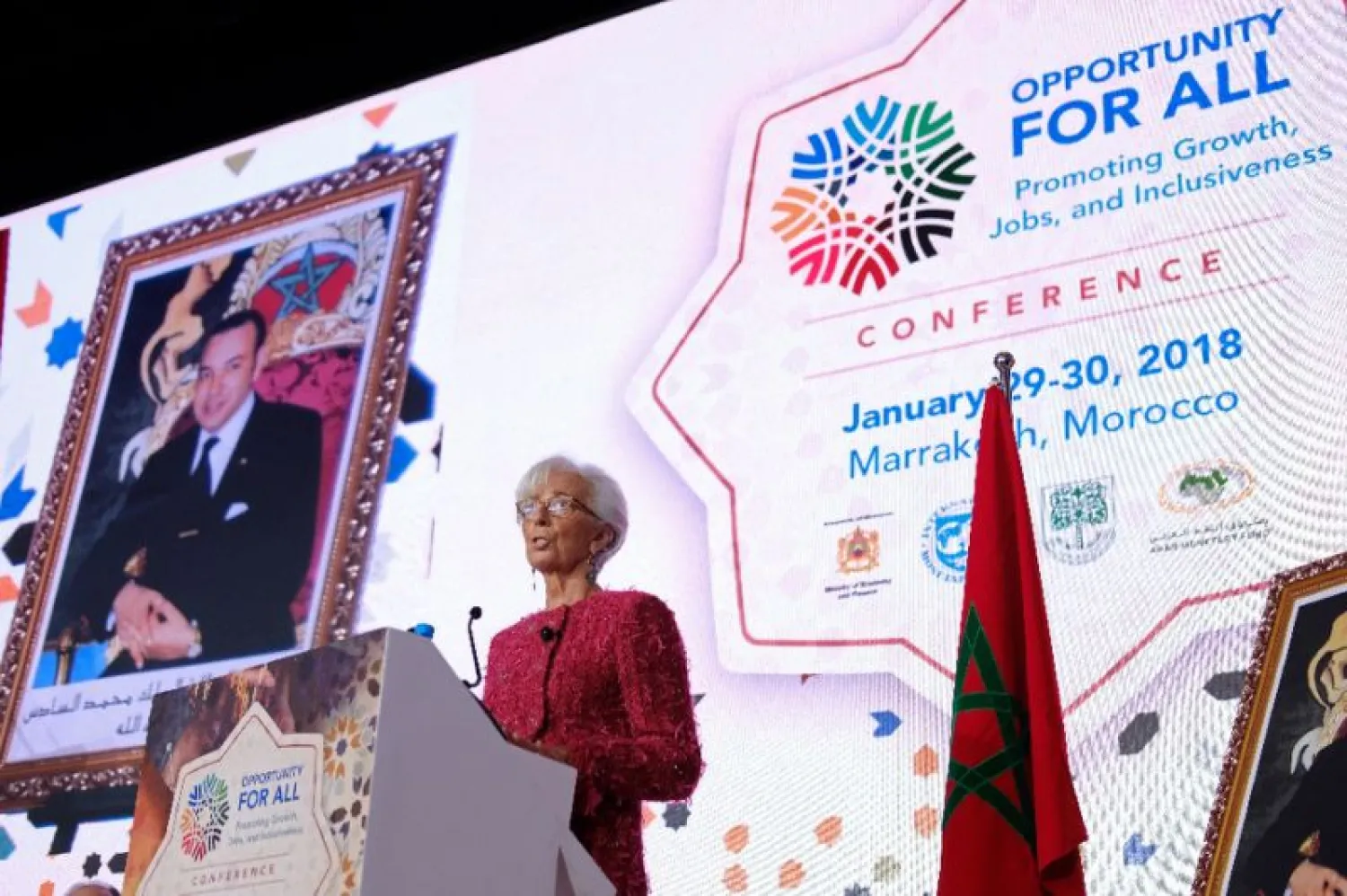Participants in the “Opportunity for All” Conference in Marrakesh underlined the importance of continuing reforms to promote inclusive growth, empower women and the youth, support the private sector, fight corruption and counter terrorism to create an attractive investment climate.
The two-day conference, which was held on Monday, is organized by the International Monetary Fund (IMF) in Marrakesh in cooperation with the Moroccan Government.
During his speech on Tuesday, Saadeddin al-Othmani, Prime Minister of Morocco, emphasized the need to bolster reforms.
He said that changes in the global economy have resulted in economic and social challenges in most countries, including demographic transition, changes in population structure and social culture, as well as the higher aspirations of young people and women.
This necessitates the development of policies to respond to those aspirations, including raising the quality of education, health services, social coverage and employment opportunities, according to Othmani.
IMF Director Christine Lagarde focused on three points needed for the Arab region, which include the necessity for inclusive growth, change and transformation and an agenda for the whole region.
She noted that achieving growth should start with creating an active private sector to promote jobs, supporting vulnerable groups, women and the youth, and exploiting financial policies to invest in people and infrastructure.
For his part, Dr. Abdulrahman bin Abdullah Al-Humaidi, Director General of the Arab Monetary Fund, stressed three priorities in tackling the challenges of unemployment and growth in the Arab region.
He pointed out that the first was the need to achieve economic diversification in the Arab economies, while the second priority is to support entrepreneurs, and the third is to enhance access to financial services.
Humaidi explained that only 13 percent of women in the region had access to financial services, compared to 47 percent globally. He stressed the need to exploit modern technologies in financial activities and services.
Marrakesh Conference Calls for More Reforms, Support for Women

International Monetary Fund Managing Director Christine Lagarde addresses an IMF economic conference in Marrakesh on January 30, 2018 (AFP Photo/STR)

Marrakesh Conference Calls for More Reforms, Support for Women

International Monetary Fund Managing Director Christine Lagarde addresses an IMF economic conference in Marrakesh on January 30, 2018 (AFP Photo/STR)
لم تشترك بعد
انشئ حساباً خاصاً بك لتحصل على أخبار مخصصة لك ولتتمتع بخاصية حفظ المقالات وتتلقى نشراتنا البريدية المتنوعة








